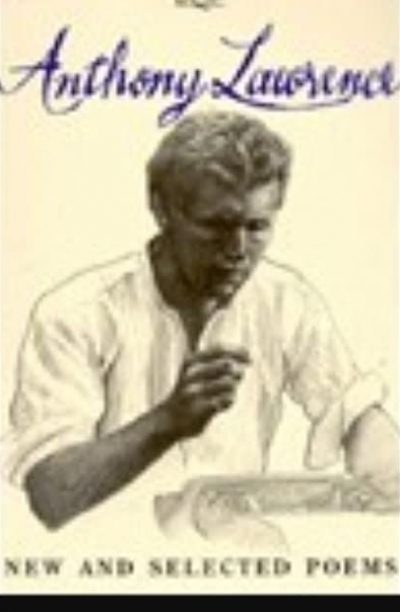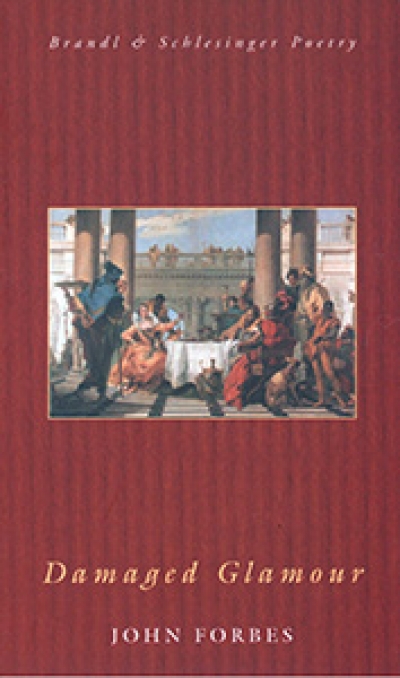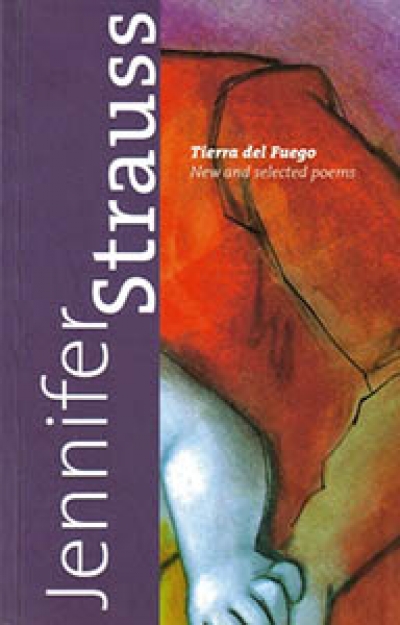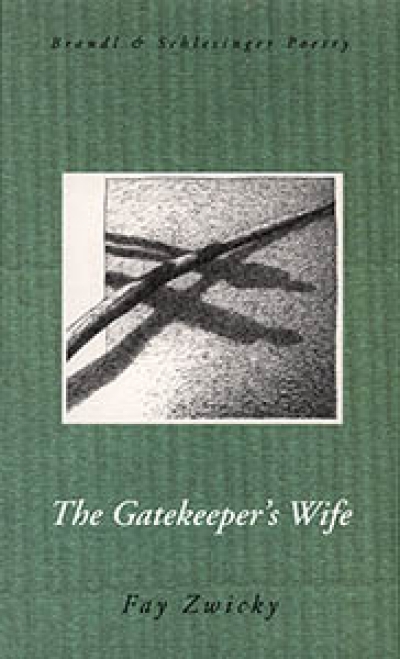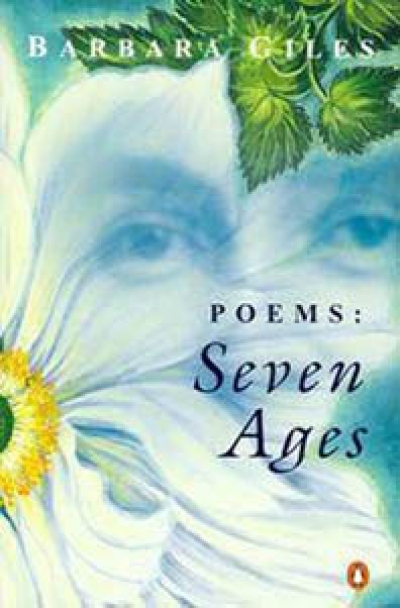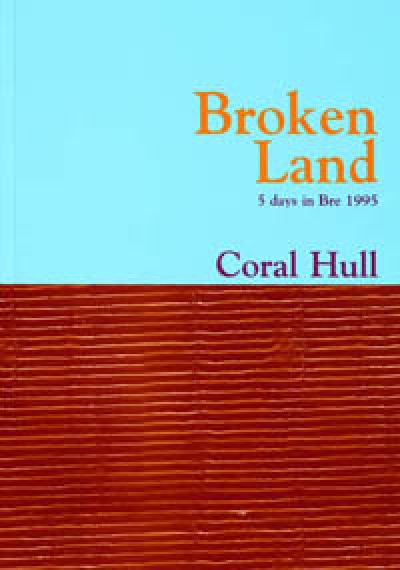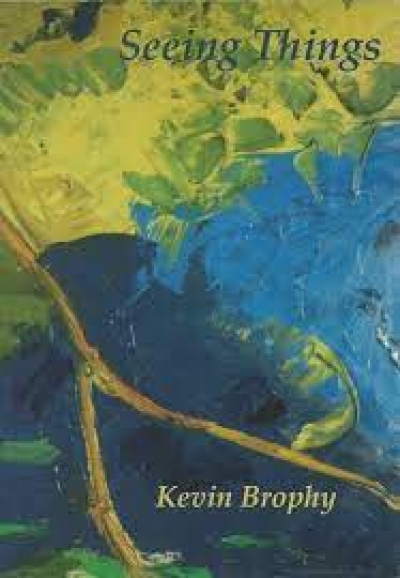Australian Poetry
State of mind: it’s a simple phrase but it is one which has always interested me. ‘State of mind’ is about what? Sets of feelings? Predispositions and moods? Or perhaps more it’s a term to do with the groove which thoughts regularly follow along. A state of mind is one which makes you respond in a particular way: you tend to act in a particular way; you have recurrent feelings.
The phrase interests me because it defines a feeling so intimate – so normal and everyday. Indeed, it is so intimate that it becomes difficult to say what a state of mind is. What are its boundaries? Where does it stop? Is this mind-set just mine or is it something to do with events out there, the latest news about the economy, the extravagant telephone bill which has just arrived, the relaxed feeling of walking along a beach, a recent argument, an enjoyable dinner party? For however influential and pervasive states of mind are, they are also fluctuating, amorphous things.
... (read more)Tierra del Fuego: New and selected poems by Jennifer Strauss
The introduction to this collection(Horns of Dilemma, Papyrus Publishing, $14.95 pb, 108 pp), and the poems themselves, make it clear that Helene Brophy is a woman of much compassion and experience in the humane realms of feminism, teaching and social work, as well as in the more personal spheres of serious injury, illness and death.
... (read more)
